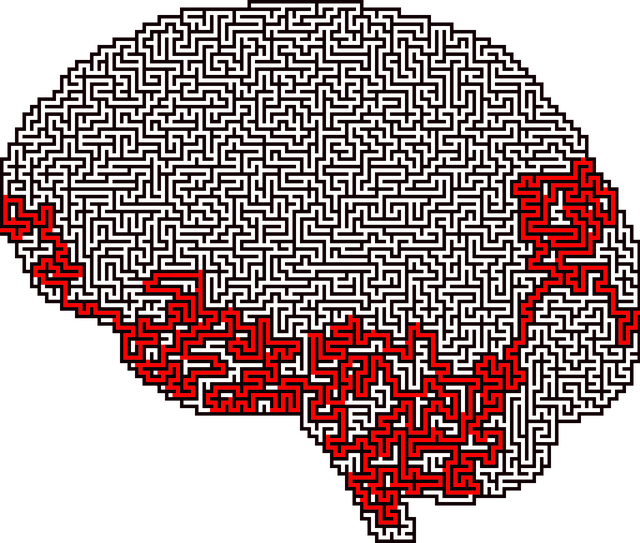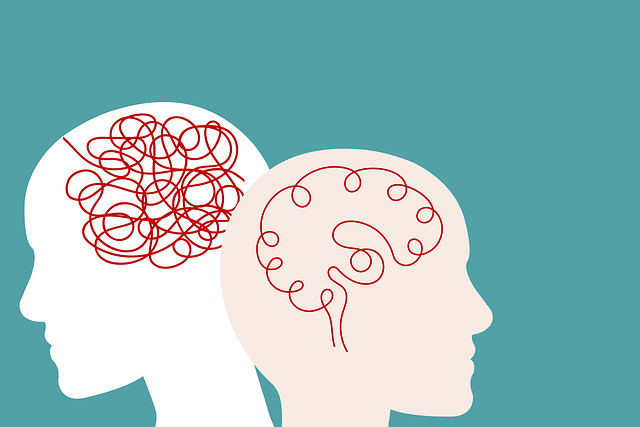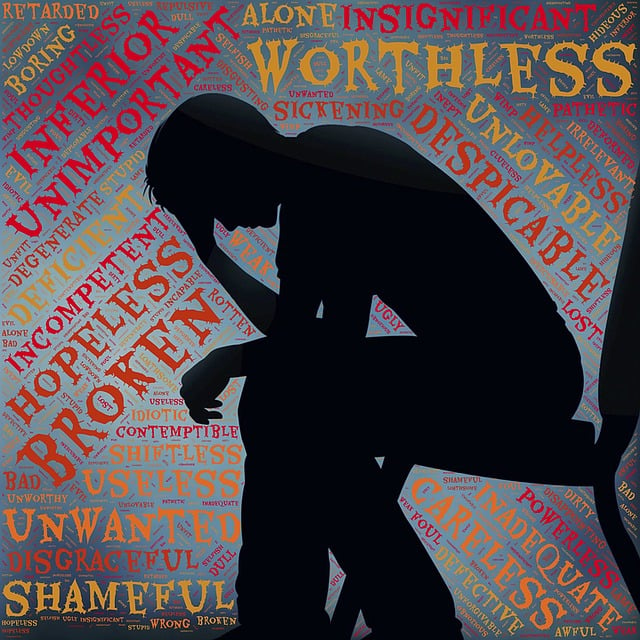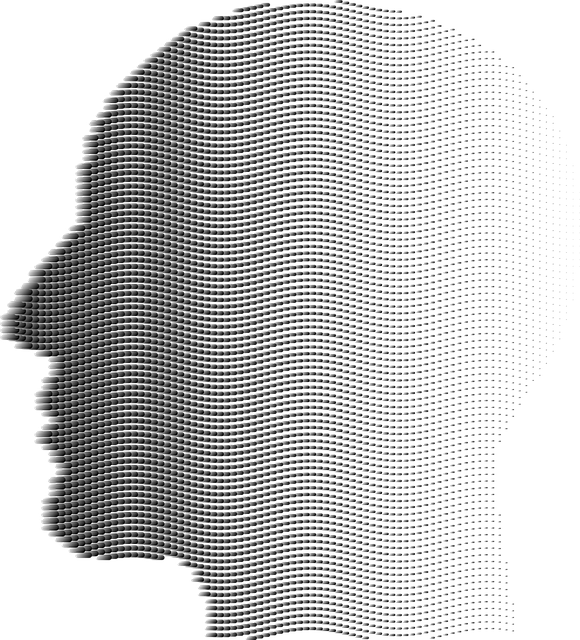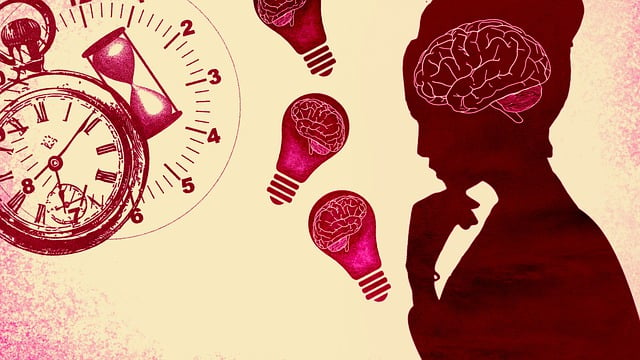Mental health policies tailored to elderly individuals are vital for addressing age-related challenges, especially cognitive decline and mental health issues like depression and anxiety. Biofeedback therapy, a non-invasive method, emerges as an effective tool for stress management and improved well-being among elders. By integrating biofeedback with traditional therapies, policies can enhance quality of life, reduce mental health stigma, and promote independence in seniors. Advocacy plays a crucial role in promoting access to these services through public education and policy reforms, ensuring elderly individuals receive the support they need for better mental health outcomes.
Mental health policy analysis is crucial for understanding and addressing the unique challenges faced by elderly populations. This article delves into the intricate relationship between mental health policies and their profound impact on seniors’ well-being. We explore innovative solutions, focusing on biofeedback therapy as a promising approach to enhancing mental healthcare for elders. By analyzing existing policies and advocating for change, we aim to improve access to specialized therapy for elderly individuals, ultimately fostering better mental health outcomes.
- Understanding Mental Health Policy and Its Impact on Elderly Populations
- The Role of Biofeedback Therapy in Addressing Mental Health Concerns for Elders
- Analyzing Existing Policies and Their Effectiveness in Promoting Elder Mental Well-being
- Advocacy Strategies to Drive Change and Improve Access to Mental Healthcare for Seniors
Understanding Mental Health Policy and Its Impact on Elderly Populations

Mental health policies play a pivotal role in shaping the well-being of elderly populations, often facing unique challenges related to aging and cognitive decline. Effective policy interventions can ensure that older adults receive accessible and tailored mental health services, addressing issues like depression, anxiety, and stress. One promising approach gaining traction is biofeedback therapy for elders, offering a non-invasive method to manage stress and improve overall mental well-being.
Cultural sensitivity in mental healthcare practice is essential, as it ensures that policies cater to the diverse needs of an aging population. By incorporating evidence-based practices such as biofeedback alongside traditional therapy methods, mental health services can enhance their effectiveness. This holistic approach not only improves the quality of life for elders but also contributes to increased mental health awareness and reduced stigma associated with seeking support.
The Role of Biofeedback Therapy in Addressing Mental Health Concerns for Elders

Biofeedback therapy offers a promising approach to addressing mental health concerns specific to elders, focusing on their unique needs and challenges. This non-invasive technique empowers individuals by teaching them to gain control over certain physiological responses, thereby enhancing their overall well-being. Through biofeedback, elders can learn to regulate stress levels, improve sleep quality, and manage conditions like anxiety and depression, all of which are prevalent in this demographic.
The therapy facilitates resilience building by providing individuals with a deeper understanding of their bodies’ reactions to mental health triggers. By practicing mindfulness meditation and self-esteem improvement techniques through biofeedback, elders can develop healthier coping mechanisms. This proactive approach not only supports their mental health but also improves their quality of life, enabling them to age with greater independence and dignity.
Analyzing Existing Policies and Their Effectiveness in Promoting Elder Mental Well-being

The effectiveness of existing mental health policies in promoting elder well-being is a critical aspect that requires careful analysis. Many countries have implemented various initiatives to support older adults’ mental health, including therapy for elders and biofeedback techniques as alternative treatment methods. However, assessing their impact on a broad scale remains challenging due to limited access and inconsistent implementation. Policy analysts emphasize the need for comprehensive evaluation frameworks that consider both quantitative and qualitative data, such as improved life satisfaction scores or enhanced emotional intelligence in older adults.
Furthermore, while therapy and biofeedback have shown promise, there is an emerging focus on resilience-building mental health education programs designed specifically for elders. These programs aim to empower individuals with coping strategies and promote emotional well-being. By integrating evidence-based practices and considering the unique needs of older adults, policymakers can create more effective strategies that foster better mental health outcomes in this demographic, ensuring they lead fulfilling lives.
Advocacy Strategies to Drive Change and Improve Access to Mental Healthcare for Seniors

Advocacy plays a pivotal role in driving systemic change and improving access to mental healthcare for seniors. Effective strategies include raising awareness about the unique mental health challenges faced by this demographic, such as increased rates of depression and anxiety. Through public campaigns, community engagement events, and partnerships with senior centers and care facilities, advocates can dispel stigmas and educate both care providers and older adults themselves. Highlighting the benefits of early intervention and continuous support is crucial; therapy for elders, including evidence-based practices like biofeedback, emotional regulation techniques, and compassion cultivation practices, can significantly enhance quality of life.
Targeted advocacy also involves pushing for policy reforms that prioritize mental health services within healthcare systems. This includes advocating for dedicated funding, specialized training for care staff, and the integration of social skills training into senior care plans. By fostering a culture of compassionate understanding, these efforts not only improve access to much-needed therapy but also create supportive environments where seniors feel comfortable seeking help. Such holistic approaches ensure that emotional well-being is recognized as an integral part of overall health for this vulnerable population.
Mental health policy analysis reveals critical gaps in care for elderly populations, emphasizing the urgent need for targeted interventions. Biofeedback therapy emerges as a promising approach, offering natural and non-invasive solutions to address mental health concerns specific to seniors. By critically examining existing policies and advocating for evidence-based practices like biofeedback, we can drive meaningful change, enhance access to quality mental healthcare, and ultimately improve the well-being of our aging population. These strategies are essential steps towards creating a more supportive and inclusive society for elders.





